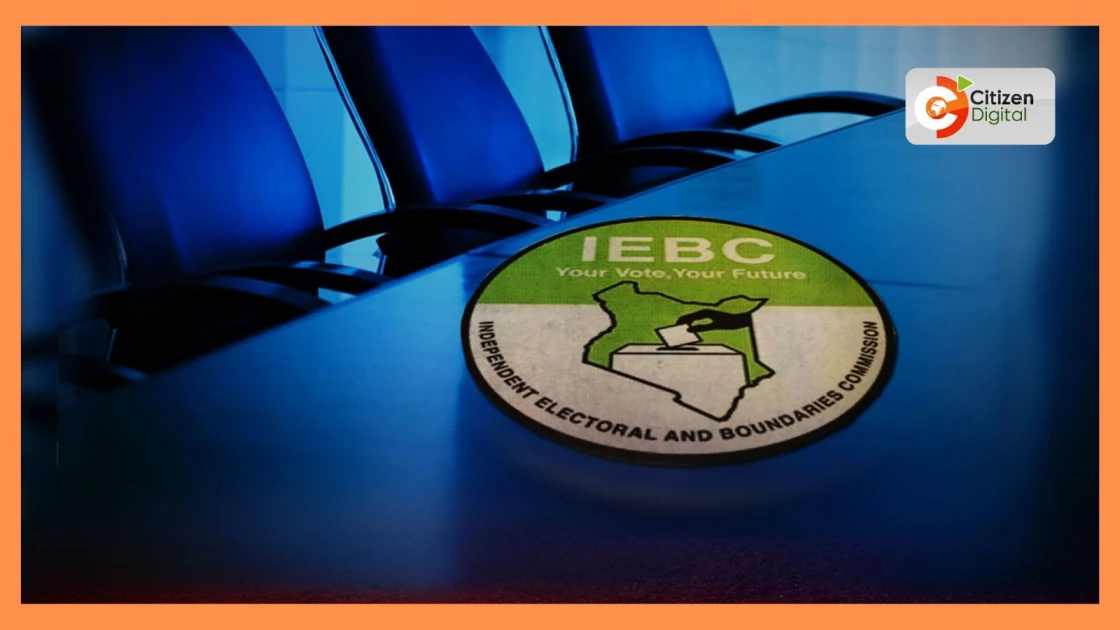Attorney General Justin Muturi has defended President William Ruto’s tax policies, emphasizing that they aim to increase Kenya’s tax-to-GDP ratio. Speaking in Kirinyaga during the dissemination of the fourth medium-term plan on Tuesday, Muturi highlighted that the current tax levels in Kenya are low compared to the GDP, necessitating an increase to match the economic scale.
Muturi addressed the public’s misinterpretation of President Ruto’s statement on raising tax levels. On May 14, 2024, President Ruto outlined his plan to significantly increase Kenya’s average tax rate from the current 14 percent to approximately 22 percent by 2027. He emphasized that this initiative is crucial for realizing his vision for the country’s economic future.
“My drive is to push Kenya, possibly this year, we will be at 16 percent from 14 percent. I want in my term, God willing, to leave it at between 20 and 22 percent. It’s going to be difficult, I have a lot of explaining to do, people will complain but I know finally they will appreciate that the money we go to borrow from the World Bank is savings from other countries,” President Ruto stated while addressing Harvard Business School’s Class of 2025 students at State House, Nairobi.
To boost tax revenues, the Treasury Ministry released the Medium–Term Revenue Strategy (MTRS) for the financial years 2024/25 – 2026/27, aiming to increase Kenya’s revenue yield from the current 13.5% of GDP to at least 20% of GDP by the end of the financial year 2026/27. This strategy comes at a time when there has been a decline in tax revenues as a share of GDP and increased budget expenditure pressures, resulting in a fiscal deficit of 5.5% of GDP in the financial year 2022/23. The strategy aligns with the East African Community (EAC) target of achieving a tax-to-GDP ratio of 25 percent by 2030.
Key revenue measures outlined in the Strategy include:
- Reduction of the corporate income tax rate from 30% to 25%.
- Re-introduction of minimum tax for companies in a tax loss position.
- Phasing out preferential corporate tax rates for Special Economic Zones (SEZs) and Export Processing Zones (EPZs).
- Review of non-resident withholding tax rates to 30% or aligning with the reduced corporate tax rate of 25%.
- Revising the Pay As You Earn (PAYE) graduated scale to expand tax bands and reduce the highest PAYE rate to 30%.
- Reviewing tax reliefs to eliminate counter-productive ones.
- Aligning the residential rental income tax rate with the corporate income tax rate of 30%.
- Increasing standard VAT from 16% to possibly 18% to harmonize with the regional average.
- Reviewing current VAT exemptions and zero-rated supplies to zero-rate only exports and retain exemptions only for unprocessed goods.
- Increasing excise taxes on alcoholic products, tobacco products, and non-alcoholic beverages.
These measures, highlighted in the Finance Bill 2024/25, have sparked public outcry, with many terming the tax reviews as punitive and further straining Kenyans’ finances.
4o


